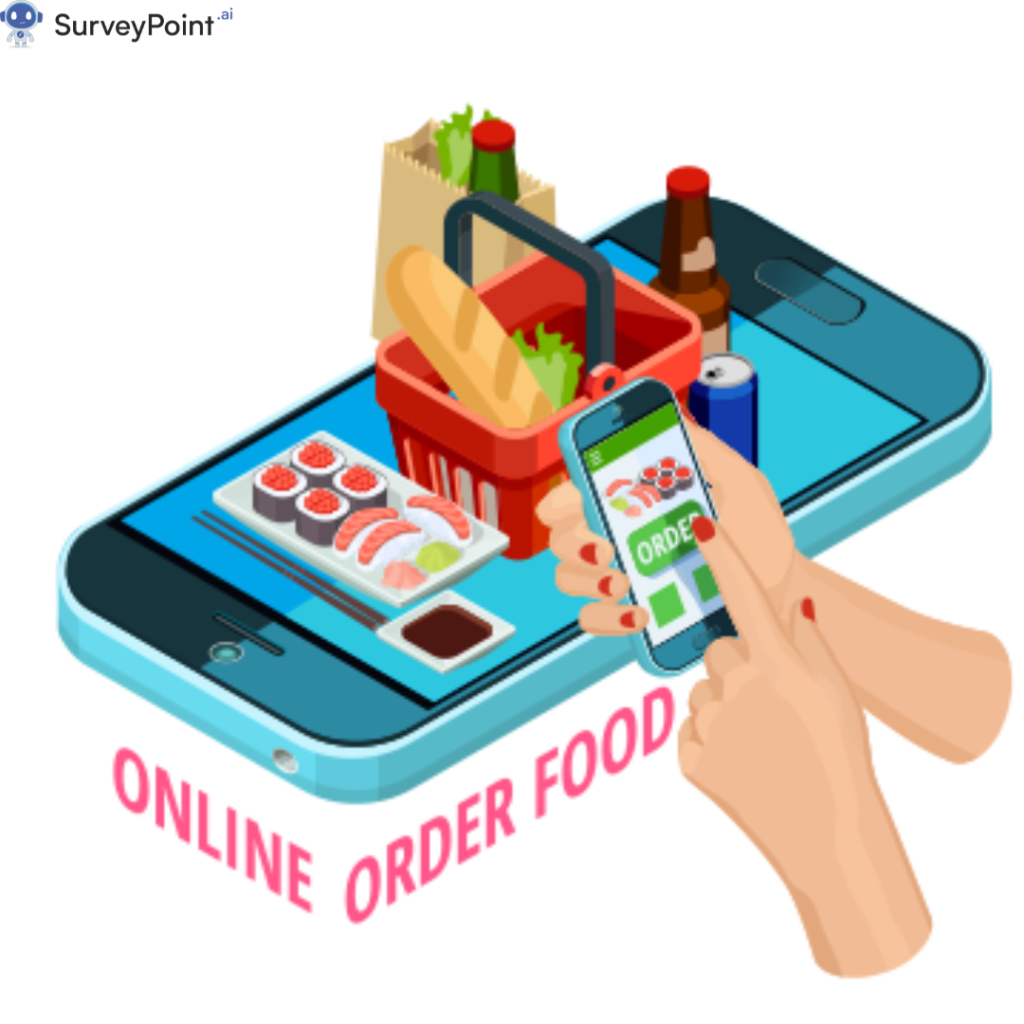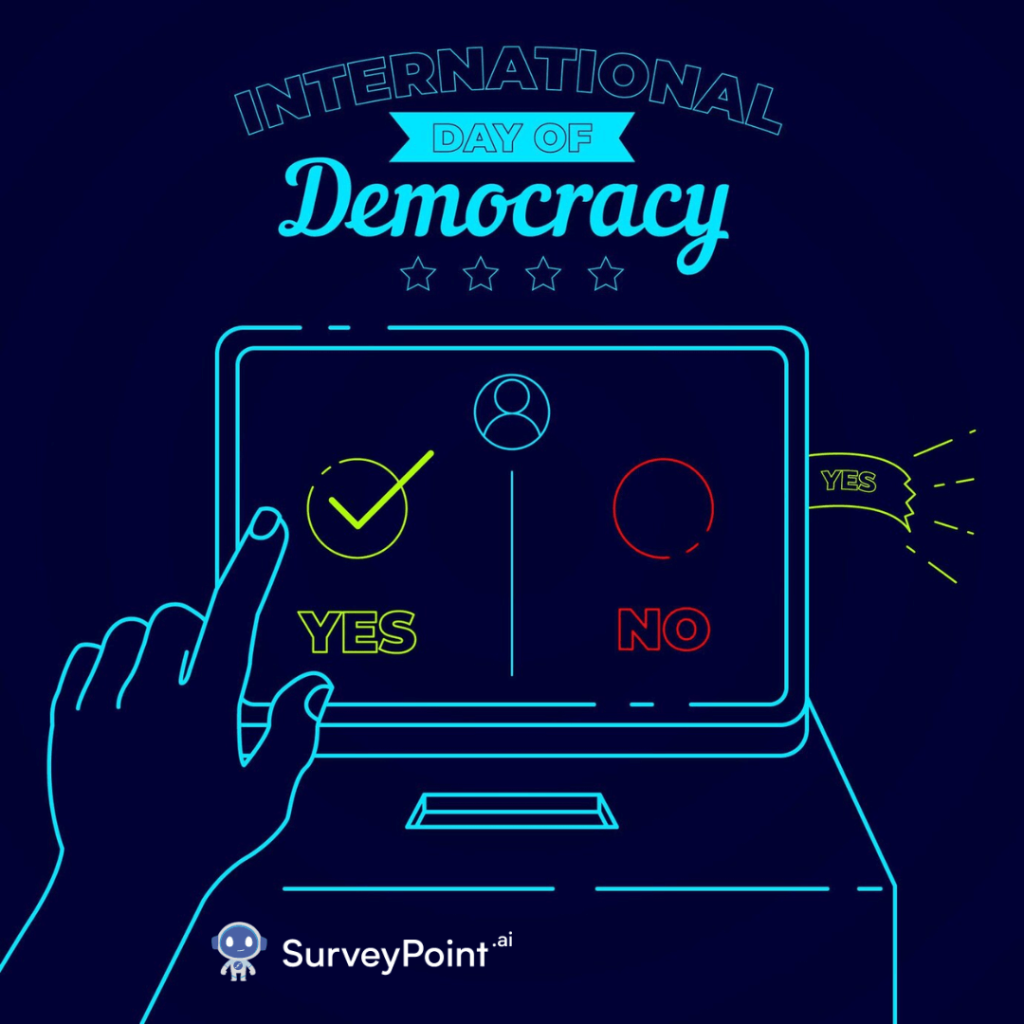
In the past decade, food delivery platforms have gone from being a niche service to a mainstream lifestyle choice. From busy professionals to students, and families to individuals seeking culinary adventures, the convenience of having meals delivered right to your doorstep has become an integral part of daily life. But this shift isn’t just about convenience—food delivery platforms are fundamentally changing how we live, work, and interact with food.
1. Convenience Redefined
One of the most significant impacts of food delivery platforms is the unparalleled convenience they offer. With just a few taps on a smartphone, you can order a meal from your favorite restaurant, try a new cuisine, or even get groceries delivered. This ease of access has transformed meal planning and consumption habits, especially for urban dwellers who often face time constraints.
Busy professionals who once struggled to find time to cook now have the option to order healthy meals that fit their dietary needs. Students and young adults living away from home can enjoy home-cooked food delivered by platforms offering tiffin services. The convenience factor has also expanded to specialized services, such as late-night deliveries, catering to those working unconventional hours.
2. Diverse Culinary Experiences at Your Fingertips
Food delivery platforms have democratized access to diverse cuisines, allowing people to explore flavors from around the world without leaving their homes. This has not only expanded our culinary horizons but has also influenced our food preferences and tastes.
With a vast array of options, users are more likely to try new dishes and cuisines they might not have considered before. This exposure to different culinary cultures has made food a more central part of social life, with people increasingly ordering in for gatherings, celebrations, and even virtual dinner parties.
3. Health and Wellness Trends
As people become more health-conscious, food delivery platforms have adapted by offering a variety of healthy options. From low-calorie meals to vegan and gluten-free alternatives, these platforms cater to the growing demand for nutritious food that aligns with specific dietary preferences.
Moreover, many platforms now provide detailed nutritional information, allowing consumers to make informed choices about their meals. This shift towards health-oriented dining has influenced not only individual lifestyle choices but also the broader food industry, encouraging restaurants to innovate and offer healthier menu options.
4. Impact on Social Behavior
Food delivery platforms have also influenced social behavior, particularly in how we view dining experiences. The traditional notion of dining out has evolved; many now prefer the comfort and convenience of eating at home. This shift has been accelerated by the COVID-19 pandemic, which made home delivery not just a preference but a necessity.
The social aspect of food has also transformed, with virtual dining becoming a new norm. Friends and family can now enjoy a meal together via video calls, each ordering from their favorite restaurant. This change in social behavior reflects a broader trend towards digital interaction, where physical presence is no longer a prerequisite for shared experiences.
5. Economic and Environmental Considerations
While food delivery platforms have made life easier for consumers, they have also brought economic and environmental challenges. The gig economy has seen a significant rise, with many people taking up delivery jobs. However, this has sparked debates about job security, fair wages, and working conditions for delivery personnel.
On the environmental front, the increase in food delivery has led to concerns about packaging waste and carbon emissions. In response, some platforms are now offering eco-friendly packaging options and promoting sustainable practices, such as carbon-neutral deliveries and zero-waste initiatives.
6. The Future of Food Delivery
As technology continues to evolve, so will food delivery platforms. Innovations such as drone deliveries, AI-driven recommendations, and personalized meal plans are on the horizon, promising to make the food delivery experience even more seamless and tailored to individual needs.
Moreover, the integration of food delivery services with other lifestyle apps—such as fitness trackers and smart kitchen devices—suggests a future where food delivery becomes part of a holistic approach to health and wellness.
Conclusion
Food delivery platforms have undeniably reshaped our lifestyle, making it easier to access diverse, convenient, and sometimes healthier meal options. While they offer numerous benefits, they also bring challenges that need to be addressed, particularly concerning sustainability and worker rights. As we continue to embrace this digital revolution in dining, it will be crucial to strike a balance that maximizes the benefits while mitigating the drawbacks.
In the end, whether you’re a foodie exploring new tastes, a busy professional seeking convenience, or someone with specific dietary needs, food delivery platforms are here to stay, and they’re changing the way we live, one meal at a time. For more information checkout- surveypoint.ai




